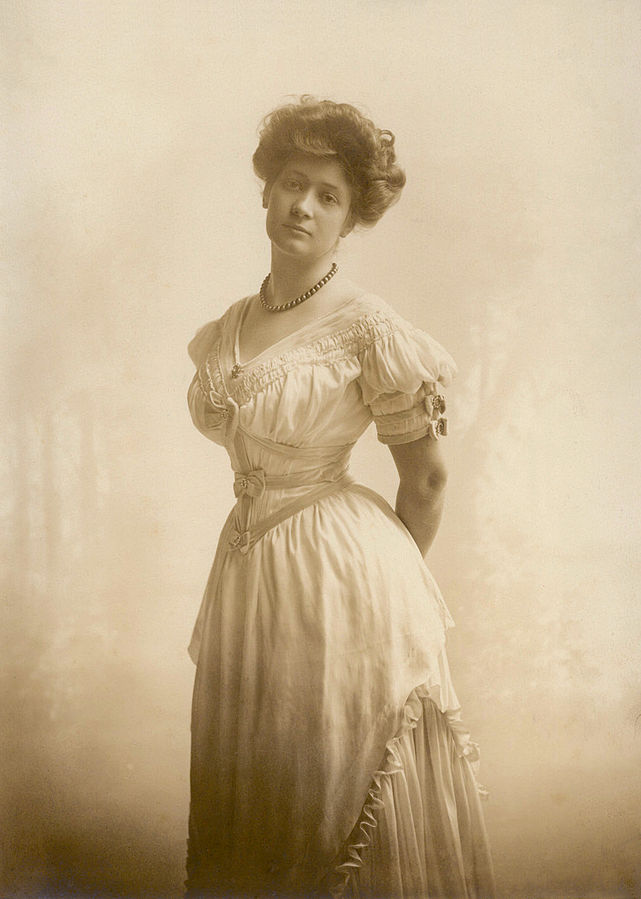What interests me most about human consciousness is how we’re prone to extreme apostasies, completely abandoning one belief system (or narrative) for another that’s even dicier: cults, terrorist organizations, etc. While a single person can completely lose the thread of reality, two people can seemingly drive each other even further, and a tribe or state or nation further still.
But even on the granular level, even if we don’t go too far to recover and are only casually and temporarily abandoning minute pieces of our world view, we can be conned. Why? Because we want to believe, we want things to improve, we want to be better ourselves and we’d like the same out of others. In that sense, we’d all like to join a cult, different the one we’re already a part of, and those good intentions can end disastrously.
Maria Konnikova, author of The Confidence Game: Why We Fall For It … Every Time, has penned an excellent editorial on the topic in the New York Times. An excerpt:
Before humans learned how to make tools, how to farm or how to write, they were telling stories with a deeper purpose. The man who caught the beast wasn’t just strong. The spirit of the hunt was smiling. The rivers were plentiful because the river king was benevolent. In society after society, religious belief, in one form or another, has arisen spontaneously. Anything that cannot immediately be explained must be explained all the same, and the explanation often lies in something bigger than oneself.
The often-expressed view of modern science is that God resides in the cracks between knowledge. That is, as more of the world is explained — and ends up being not so divine after all — the gaps in what we know are where faith resides. Its home may have shrunk, but it will always exist so there will always be room for things that have to be taken on faith — and for faith itself.
Nobody thinks they are joining a cult, David Sullivan explains. “They join a group that’s going to promote peace and freedom throughout the world or that’s going to save animals, or they’re going to help orphans or something. But nobody joins a cult.” We don’t knowingly embraces false beliefs. We embrace something we think is as true as it gets. We don’t set out to be conned. We set out to become, in some way, better than we were before.
That is the true power of belief. It gives us hope.•






